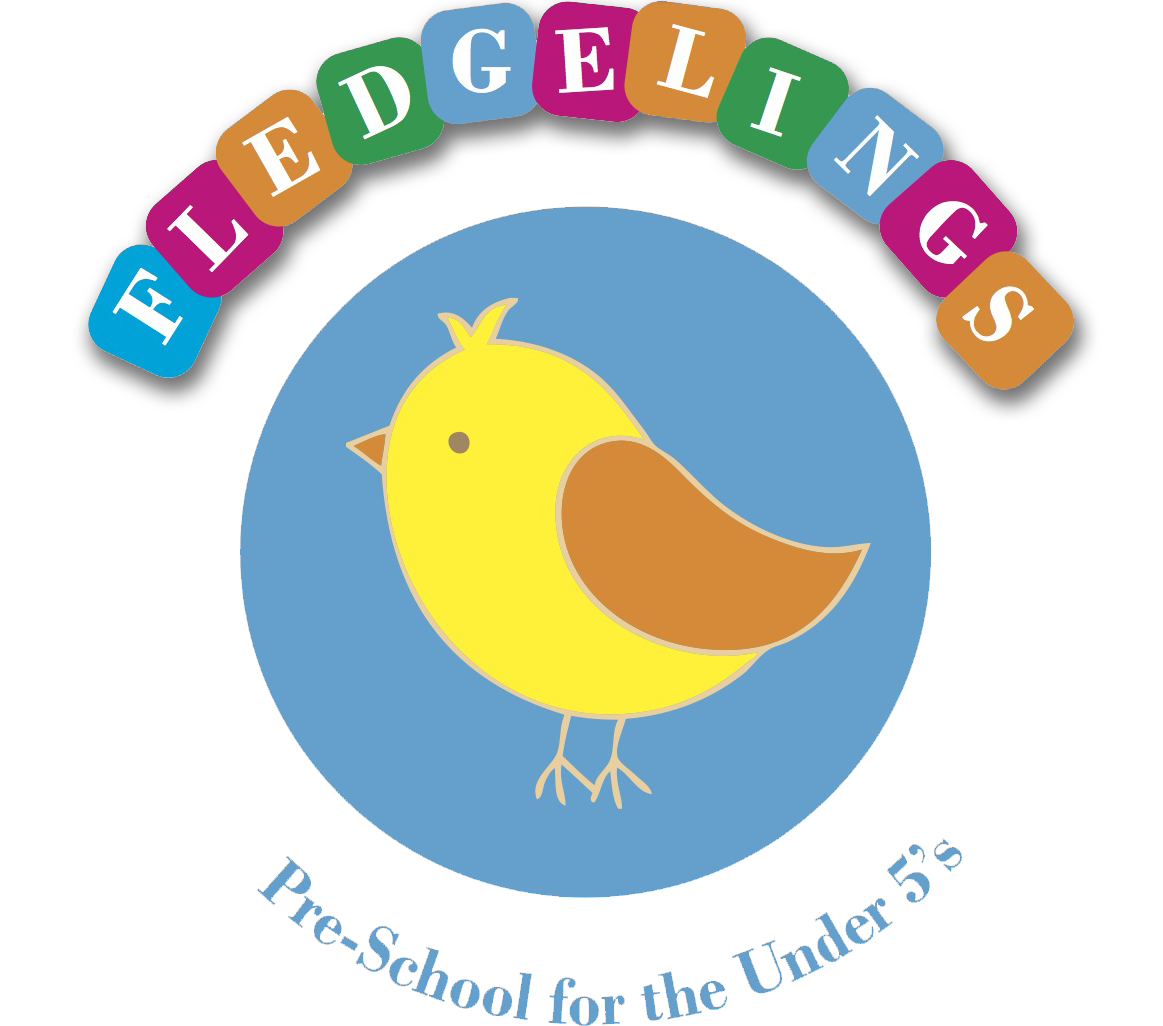The Early Years Foundation Stage (EYFS)
The Early Years Foundation Stage Framework (EYFS) sets out the learning and development stages for children as they grow from birth to five years.
Children develop more rapidly during the first five years of their lives than at any other time. For those working in the early years (whether as a childminder or in a nursery, pre-school, or reception class in school), the Early Years Foundation Stage framework outlines what practitioners need to do to support your child.
The Early Years Foundation Stage (EYFS) has its own stand-alone curriculum for Pre-School and Reception children in primary settings. From September 2021 the EYFS curriculum is changing for all settings in England
Early Years Foundation Stage Framework 2021
The EYFS curriculum is split into prime and specific areas. The prime areas are important because they lay the foundations for children’s success in all other areas of learning and of life. The specific areas provide the range of experiences and opportunities for children to broaden their knowledge and skills:
The Prime Areas of learning are:
Personal, Social and Emotional Development;
Communication and Language;
Physical Development.
The Specific Areas of learning are:
Literacy;
Mathematics;
Understanding the World;
Expressive Arts and Design.
At the end of the Reception year, pupils are benchmarked against the Early Learning Goals for each area. Attainment is described as either: emerging (working below the expected level) or expected (working at the expected level) and these are reported to parents in the end-of-year written report.







